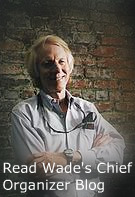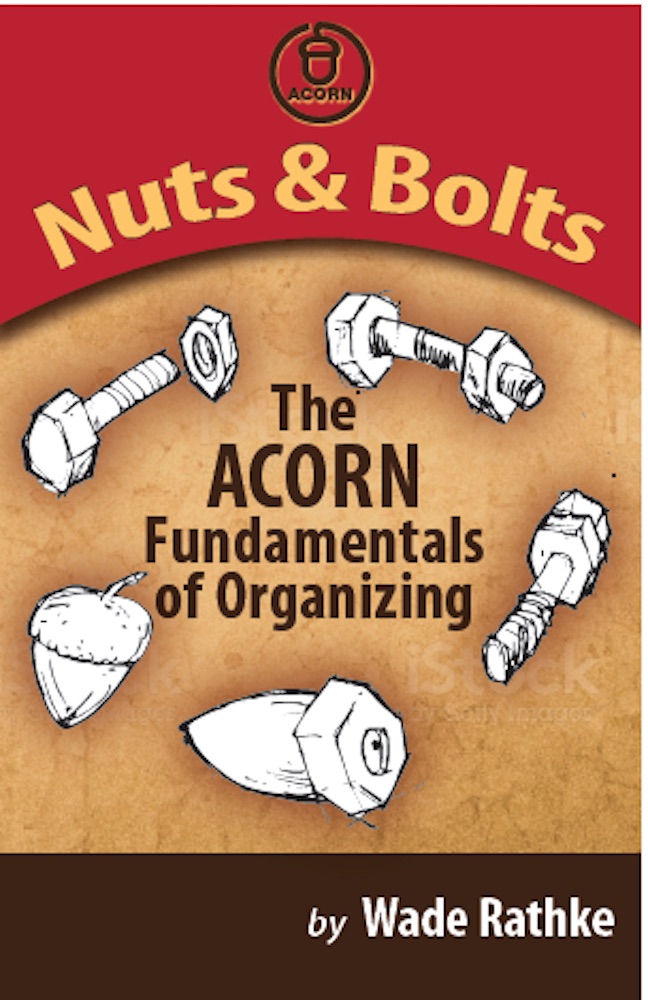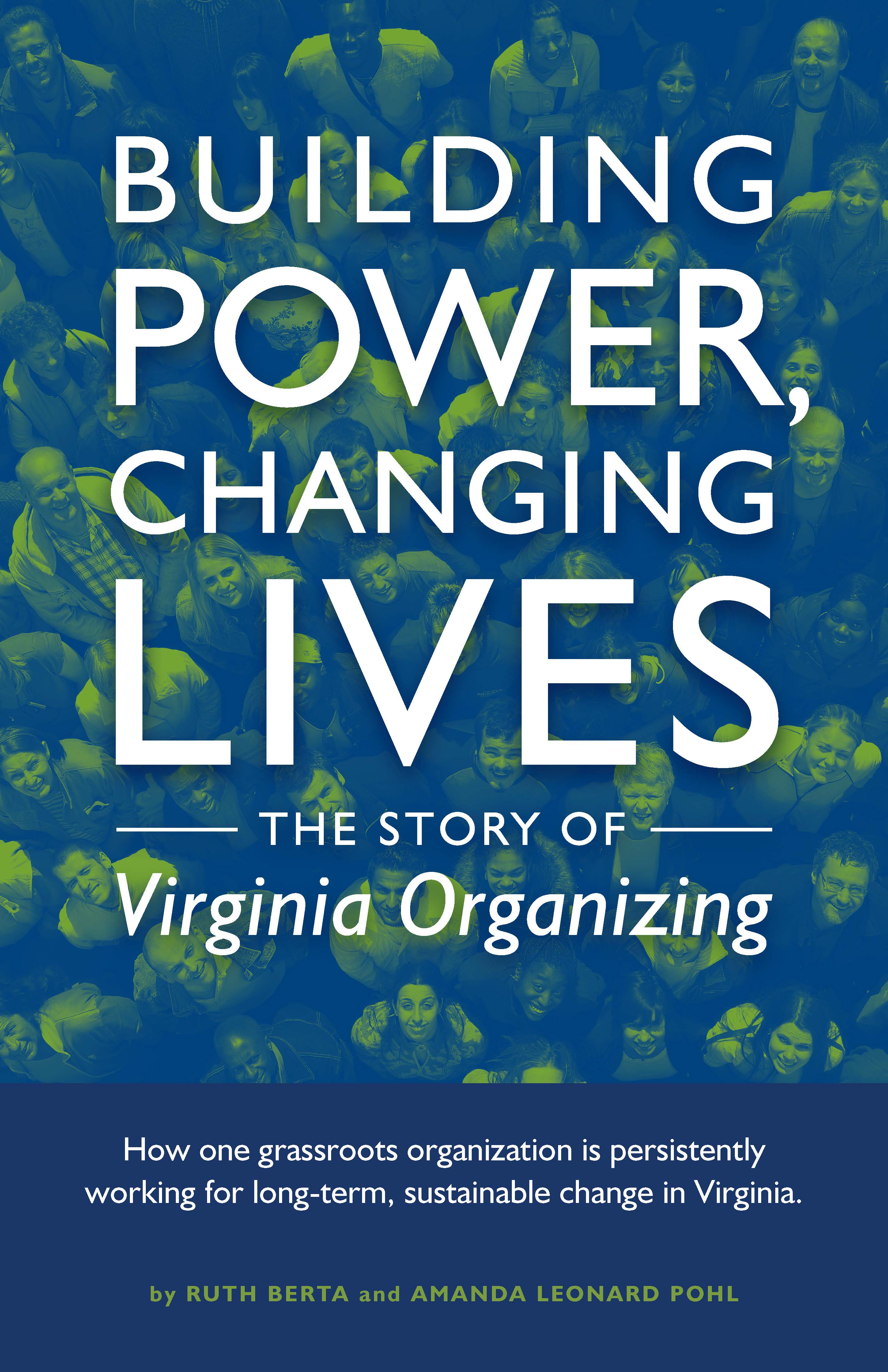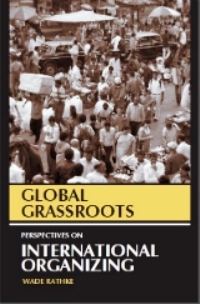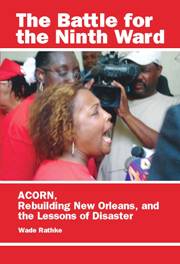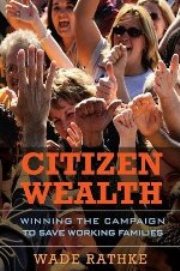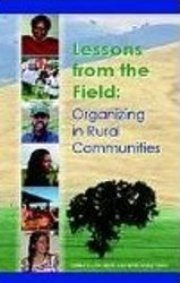PUBLISHER'S NOTE – 54.3
Written by Wade Rathke

It was a hot summer, record setting, so the slightest breeze that hints of fall seem welcome. Politics around the world was also record setting. In the UK, Conservatives took a historic drubbing by Labour. In France, the right was turned away, but government was stalemated in order to meet a left surge. In the United States, a last-minute flip at the top of the ticket, as a sitting president took a walk, turned the whole campaign topsy-turvy, as the nation holds its breath until the November election. Here at Social Policy, we tried to stay the course.
Leading this issue is a piece by frequent contributor, labor and political activist and organizer, Steve Early, which ostensibly presents itself as a pean to twenty years of work by a local community and political organization, the Richmond Progressive Alliance, across the bay from San Franciso in the shadow of the giant Chevron refinery. I say ostensibly, because this is an essay that speaks deeply to the experience gained in the tug of war of local politics and issues that distils lessons that every political and community organizer needs to study and learn. I won’t be surprised when we’re asked for reprints of this one!
We also take a deep dive looking through the prism of another very local experience, this time in Little Rock, Arkansas, with the challenges that confront the reentry of formerly incarcerated individuals into society by two people at the front lines, Nuno de Almeida and Avionta Ellis. Bruce Boccardy, another regular contributor returns with his analysis of the numbers game that gaslights unemployment figures, and why people feel differently about the economy at the bottom, than the economists and politicians would hope they feel.
The nearest some of Gen Z might get to imagining a telephone operator or customer service person would probably be a Lily Tomlin sketch on YouTube, but Debbie Goldman had a front row seat at the changing technology and the pains of automation as research director for the Communications Workers of America, as the except from her new book, Disconnected, describes. George Goehl, formerly director of the national community organizing coalition, Peoples’ Action, and now organizing in rural communities in Wisconsin, Illinois, and elsewhere, shared a pamphlet with me, and I imposed on him to allow us to share some insights he offered on organizing fundamentals. Joshua Douglas, Professor at the University of Kentucky Law School pulls no punches in detailing the way the US Supreme Court has assaulted the rights of voters in the excerpt from his new book. Kyle Crawford makes a different case. He sees ambiguity as a core principle and weapon in one area after another, and we offer a taste of his argument as he looks at “form.”
Phil Mattera isn’t buying the attack on Kamala Harris when she poked the corporate bear on the issues of prices, and in his column argues that price and wage manipulation is simply and sadly standard operation procedure for corporations. If Boccardy talked about “crass” struggle, Drummond Pike is clear about class, especially as manifested in some of the excesses of the superrich, recently tragically revealed in the yacht sinking and deaths off the coast of Sicily. John Anderson gets a little nostalgic as he looks back over 20 years as an ACORN organizer to his experiences as a neophyte being trained in New Mexico and California and, fast forward, looking to the next international organizers meeting in the Netherlands. Professor Squires underlines the shift and horror of the recasting of citizens as grist for the mill consumers and cogs in the vast commercial market. In Backstory, I can’t help myself from returning to the promises underlying the organizing of informal workers in light of the continuing failure of unions to break the chains of rules and regulations for formal workers.
This issue of Social Policy may not have something for everybody, but it’s jampacked with tips, tools, and analyses that everybody needs. Enjoy, then take it from here to there.

